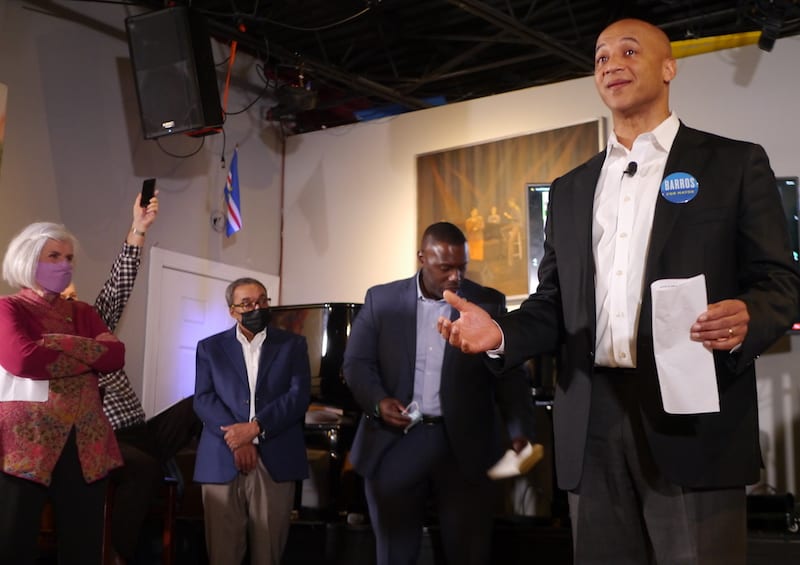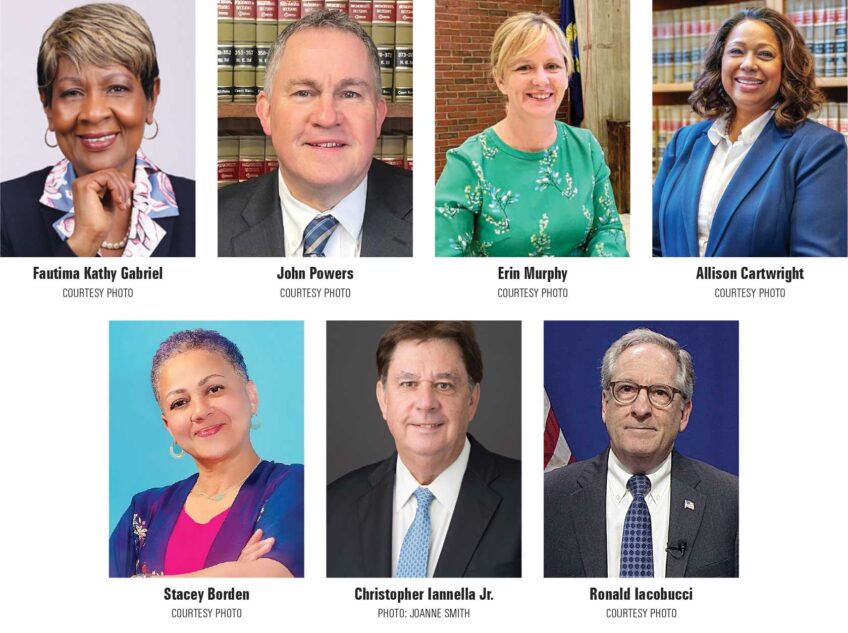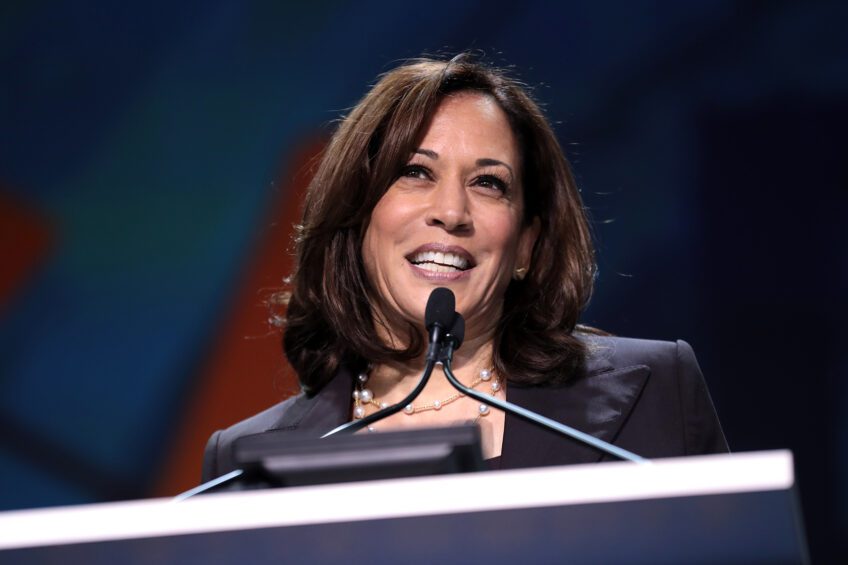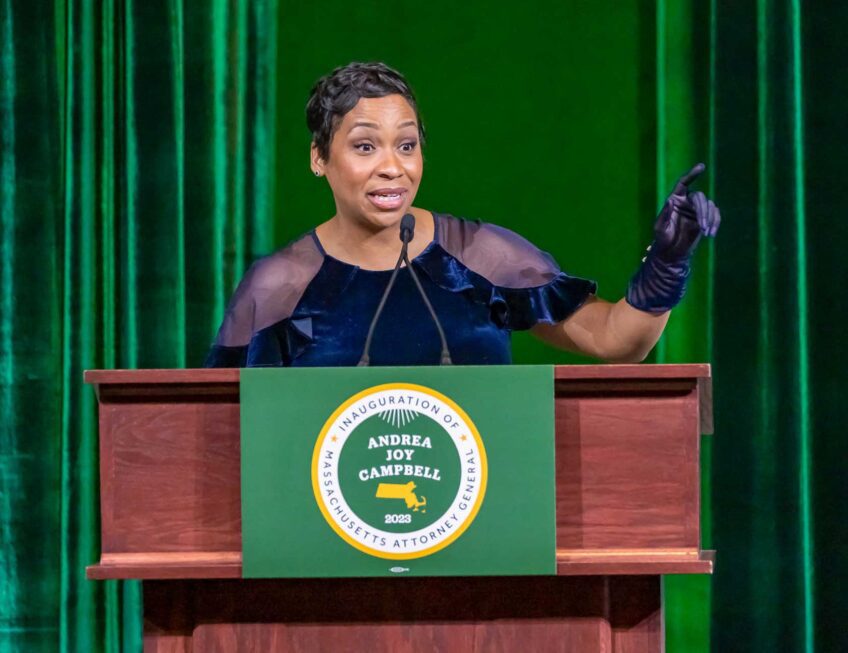
John Barros, who two weeks ago resigned as the city’s chief of Economic Development, kicked off his Boston mayoral campaign last Thursday at the Cesaria, the Bowdoin Street restaurant he co-founded, stressing his experience in city government, business and the nonprofit sector.
Barros, the fifth candidate to enter the mayoral race, cited his experience leading the city’s Office of Economic Development and said he would focus on economic inequality.
“As mayor, I would work to make sure that we continue to engage our community, continue to particularly engage our young people, continue to engage those who feel left out in our economy, continue to engage those who feel most vulnerable, protect those who feel most vulnerable,” he said, “and reopen our society in a more just and equitable way.”
Barros, who for 13 years served as executive director of the nonprofit Dudl1
ey Street Neighborhood Initiative, first entered politics as a candidate for mayor in the 2013 race in which Mayor Martin Walsh was elected. One of 12 candidates, Barros finished sixth in the preliminary election, winning in the Ward 15 section of Dorchester that is the center of the city’s Cape Verdean population.
Barros enters an electoral field that has so far been dominated by women. The first councilors to challenge Walsh last year were Michelle Wu and Andrea Campbell. After Walsh in January announced he would leave city government for an appointment as secretary of labor in the Biden administration, Councilor Annissa Essaibi George and state Rep. Jon Santiago entered the race. Walsh’s chief of equity, Karilyn Crockett, is also said to be considering a run for office. She resigned from her job in city government this week.
While Barros reports a zero balance in his most recent filing with the Office of Campaign and Political Finance, the other candidates have balances ranging from Essaibi George’s $270,294 to Campbell’s $841,341.
This year’s mayoral race, occurring during a pandemic, may lack the usual opportunities for candidates to reach large numbers of people during public gatherings, making mailings and advertising more critical than usual and requiring greater expenditures of campaign cash. To remain competitive, Barros will likely need to raise substantially more than the $231,000 he raised in the run-up to the 2013 preliminary.
He will also need to position himself in a field that is leaning progressive, with councilors Wu and Campbell having staked out positions far to the left of the Walsh administration. Both councilors voted against the city’s budget last year in protest of the mayor’s refusal to take money from the police budget to fund social services and anti-violence programs. Wu, during the 2019 at-large council election, also staked out a position in support of rent control.
Barros, who served as a member of the appointed school committee under former Mayor Thomas Menino and helped launch a charter school, will face an electorate that in 2016 rejected charter expansion and this year is supportive of a return to an elected school committee.
Asked whether he would support a return to an elected body, Barros did not answer directly but said he is open to discussing the issue.
“Whether it’s a hybrid model, or a model that is fully elected, this is a conversation that I’m committed to,” he said.
Asked whether he would support a return to rent control, Barros also did not answer, but spoke instead about the need to create more affordable housing in Boston.
Barros appeared at Cesaria with his mother, Catarina, his wife, Tchintcia and his four children, along with several prominent members of the Cape Verdean community. Dorchester resident Marianne Hughes opened the speaking program and political consultant Conan Harris, former deputy director of public safety in Boston and husband to U.S. Rep. Ayanna Pressley, introduced Barros.
Barros and other Walsh administration officials last month came under fire for the scant share of city contracts going to businesses owned by Blacks and Latinos. Just 0.4% of such contracts went to Black-owned businesses during the last four years, according to a study the city released last month. Activists were sharply critical of the administration, noting that calls for the city to break apart large contracts into pieces so that smaller Black and Latino-owned firms could bid competitively for them have gone unheeded.
Barros said that as mayor, he would support splitting city contracts into smaller pieces and touted the Walsh administration’s new commitment to target 25% minority- and woman-owned business participation in city contracts.
“Seven hundred or so million dollars will be going to women- and minority-owned businesses,” he said today. “That’s the goal. I want to get back in and make sure we meet those goals.”







